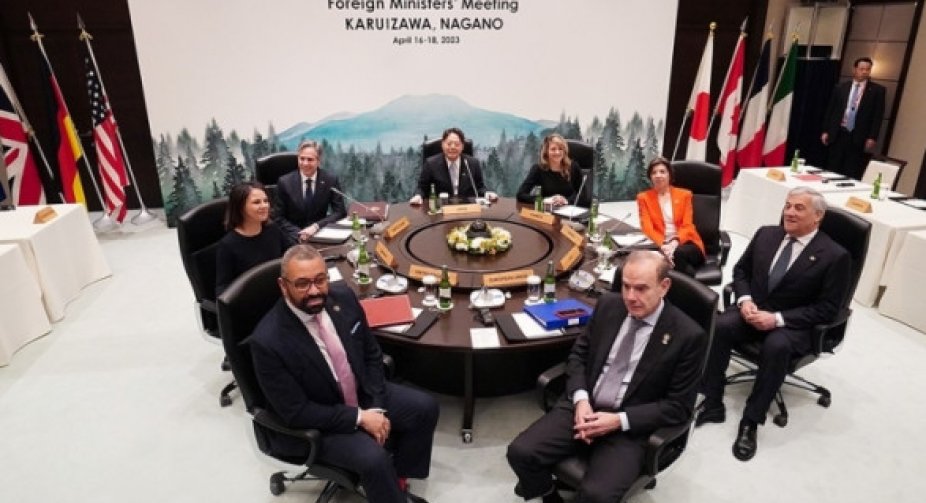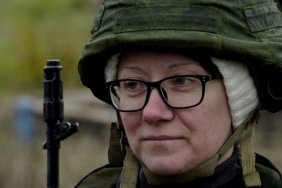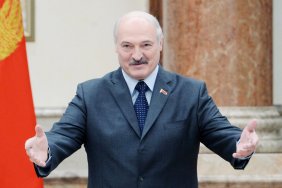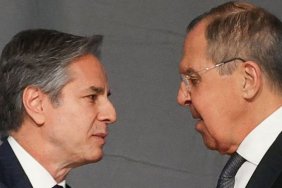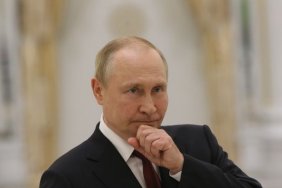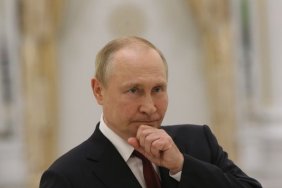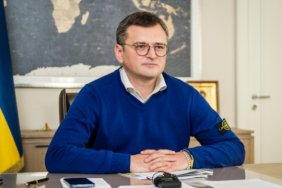The countries that will provide assistance to Russia in the war against Ukraine, including supplying weapons to the aggressor state, will pay a "high price". This was warned by the ministers of foreign affairs of the Group of Seven (G7) countries in the communique adopted as a result of the April 17 meeting.
"We (the heads of foreign affairs of the G7 countries - ed.), as before, are committed to strengthening sanctions against Russia, coordinating and fully enforcing them, including through the Enforcement Coordination Mechanism, as well as countering attempts by Russia and third parties to evade our sanctions measures and blow them up.
We reiterate our call to third parties to stop aiding Russia in the war, or they will pay a heavy price. We will strengthen our coordination to prevent and respond to the supply of arms to Russia by third parties, and continue to take action against those who materially support Russia's war against Ukraine," the communique said.
The ministers said they were "absolutely determined" to keep Russia's sovereign assets in their jurisdiction "immovable" until the "conflict" over Russia's violation of Ukraine's sovereignty and territorial integrity is resolved, adding that there must be guarantees that "Russia will pay the her". damage".
"War crimes and other atrocities, such as Russia's attacks on the civilian population and critical civilian infrastructure, cannot go unpunished," the G7 representatives said.
In addition, the ministers once again condemned Russia's war against Ukraine and emphasized that the aggressor country "immediately and unconditionally" withdraws its troops from the country's territory. They also noted that they are again committed to supporting Ukraine "as much as necessary", including in the areas of security and economy, as well as helping to restore critical infrastructure.
"We reiterate our strong support for Ukraine's energy security. Ukraine's anti-corruption and internal reform efforts must continue and we will support them. In this regard, we reaffirm our full confidence in the support group of G7 ambassadors in Ukraine and its role in supporting the implementation process," the ministers noted.
The G7 representatives also condemned Russia's "irresponsible nuclear rhetoric", its "unacceptable" threats to deploy nuclear weapons in Belarus, and the seizure and militarization of the Zaporizhzhya Nuclear Power Plant (ZAEP) by the occupiers.
"We support the efforts of the International Atomic Energy Agency (IAEA) to promote the strengthening of nuclear safety in Ukraine, including the General Director's leadership of the efforts at the ZNPP," the communique emphasizes.
The Ministry of Foreign Affairs of Japan announced on April 17, following the meeting of the heads of diplomacy of the G7 countries, that the countries of the "Group of Seven" agreed to respond more qualitatively to the evasion of sanctions and the supply of weapons to Russia.
